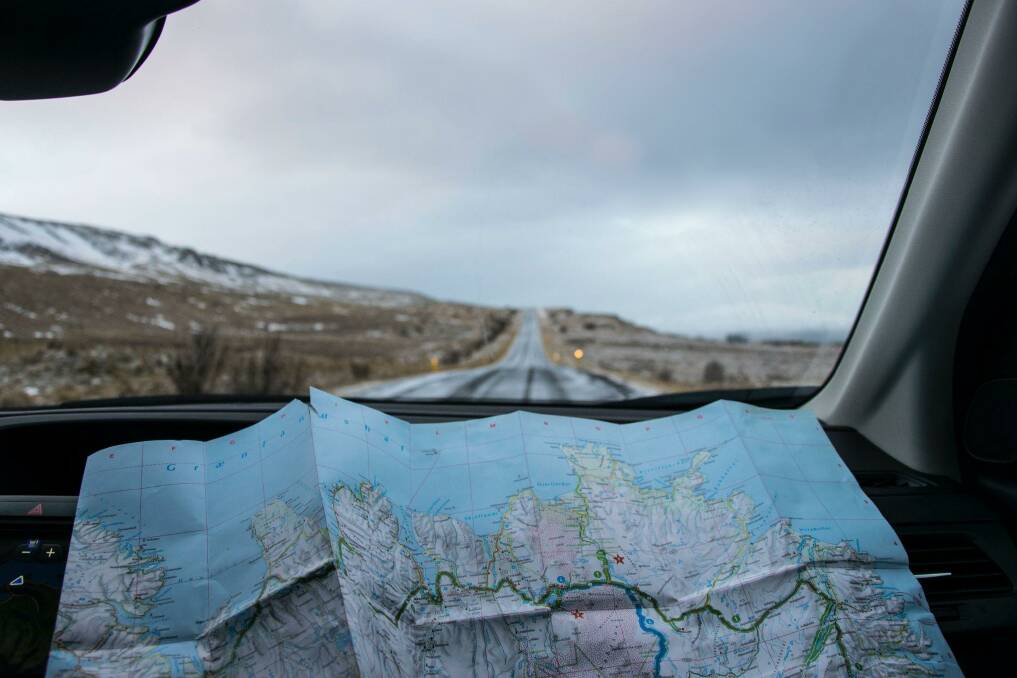5 Tips for planning your snacks while travelling

This is branded content.
Suppose you've spent significant time travelling; whether it be for work or leisure, you'll likely find yourself limited in food options sooner or later. Suppose you're not travelling in areas with access to a wide variety of snacks and food; it's essential to plan your trips and potentially bring your assortments of cuisine.
Having limited options can be particularly difficult for people with food allergies or those focusing on specific diets. These individuals will often find themself in areas where options are minimal.
These options vary depending on your travel mode; if you're travelling with your vehicle, you have more freedom to stop where you want, whereas if you're flying or taking the train, you're limited to the food they will offer you.
This piece will outline some of the best tips for planning your food consumption while travelling, especially for long distances. You won't be stuck with a grumbling stomach without options if you make it to the end of this article.
Consider your travel times
You should first recognise how long you are planning on travelling. In some cases, you'll find that the 3-4 hours drive to your next camping trip didn't result in any raging hunger, and the food you brought remains uneaten.
On the other hand, if you're planning on doing overnight drives or train rides, typically, food is much more difficult to access, so these scenarios require some planning in advance. Depending on your plans, you could bring some coffee if you're driving or sweeter snacks for that burst of energy.
As a general rule, if you're travelling for more than 3-4 hours and you're not planning on encountering too many stops, or food accessibility is minimal, you should consider bringing some snacks.
Take non-perishable items
Think about the foods you will be taking and how long they will likely last. If you're bringing fresh fruits, cooked foods and other perishables, you'll need to consume them relatively fast because when stored in the wrong conditions, they can deteriorate rapidly.
Dried foods that don't require cooking or refrigeration. These remain intact and will take considerable amounts of time to spoil. If you're looking for protein-rich snacks, things like Australian Biltong or Australian Droewors can be great additions to your next trip. These items are dried and sealed, removing moisture, and making them last longer.
Check for food availability
You may be surprised at how many options you can find at travel stops, airports or even on trains. Food options have increased as more dietary choices are factored into food stores. If you're planning to stock up on food options even though they're already in high availability, it's better to just purchase during your trip.
We can often over prepare when travelling, taking lots of belongings when most of it is unnecessary and likely won't be used. It's important to remember that we live in a convenient world where most things we need can be picked up or purchased easily.
Bring some cutlery
It shouldn't take too much space to bring some cutlery; these could come in handy if you're taking spreads, crackers and other things on your trips. This is only advised for longer trips, but when implemented, you can make the most out of what you take with you.
If you take some cutlery along with some spreads, dried meats, and canned foods, it exponentially increases your options and will be way more economically viable. You'll find that most prepackaged goods can be small and finished while expensive. Taking cutlery eliminates these problems and can bring some creativity to your next trip.
Cook foods ahead of time
Suppose you're going on long trips and want to be more self-sufficient; another great idea is to cook food at home and bring them to your trip. These can be as simple as hard-boiling eggs ahead of time since these can be stored without refrigeration. You can also cook pasta with simple sauces and eat it cold if desired.
It may seem surprising, but some foods you don't need to reheat. Generally, this method would mainly work for short day trips; we don't recommend holding onto food for longer than that period.
Conclusion
You don't always have to buy food on the road or while travelling. Most stores found while travelling will have low-quality, over-priced items since vendors sometimes exploit the lack of competition. It's possible to take some quality snacks with you on the road rather than settling for less. Hopefully, this article has provided you with some inspiration.
Photo by Tabea Schimpf on Unsplash


